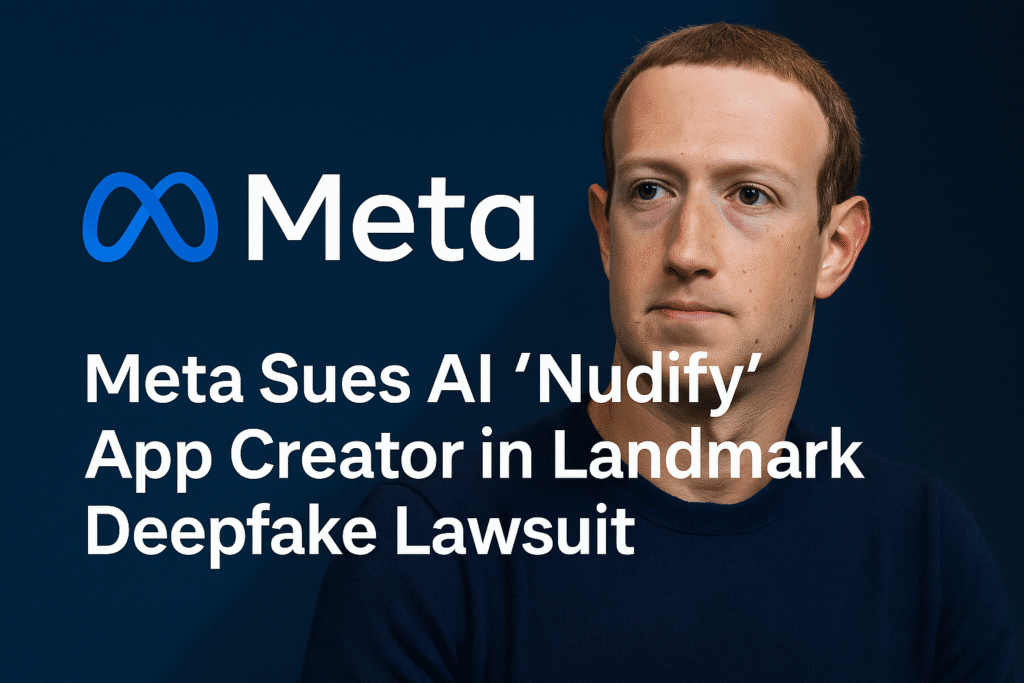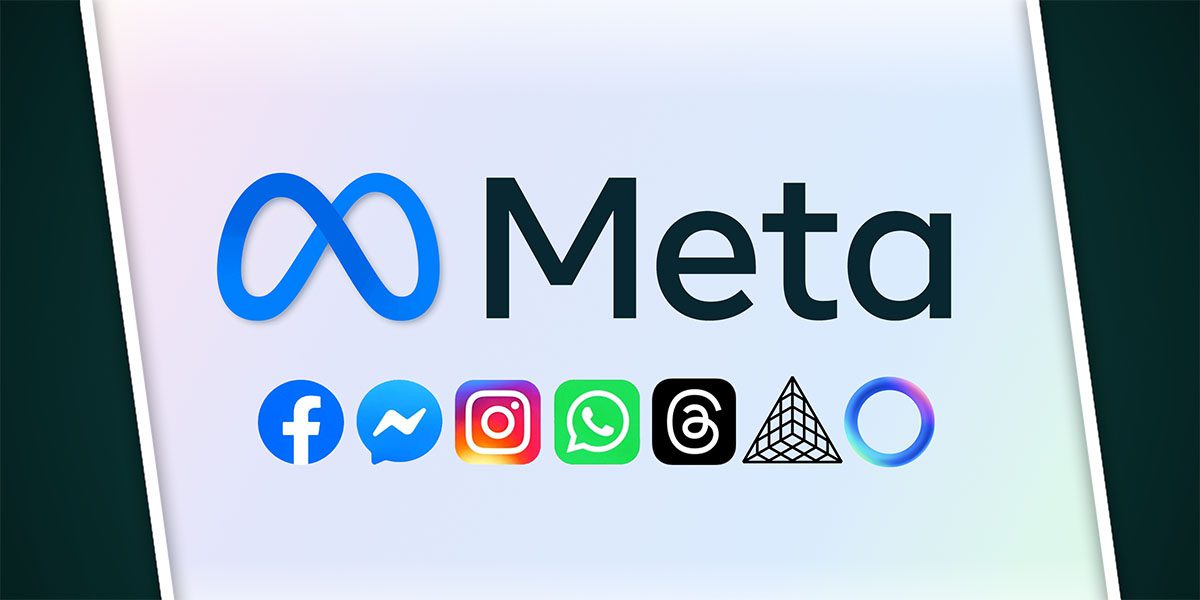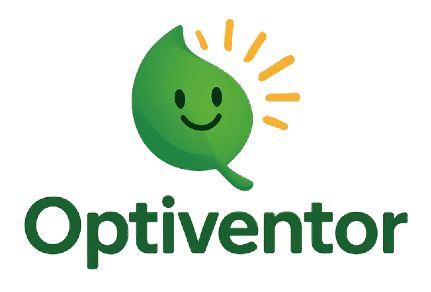Meta Sues AI Nudify App Creator in Landmark Deepfake Lawsuit
Meta’s Lawsuit vs. AI Nudify App Creator: What You Need to Know

Meta Platforms (owner of Facebook, Instagram, Messenger & Threads) has filed a high-profile lawsuit in Hong Kong against Joy Timeline HK Limited, the company behind the AI-powered “nudify” app suite known as CrushAI. The suit aims to halt the app developer from promoting non-consensual nude image services via Meta’s platforms. It’s a landmark legal move in the ongoing battle against AI-driven deepfake abuse.
Meta Sues AI Nudify App Creator in Landmark Deepfake Lawsuit
Overview of the Case
📅 When & where:
Meta filed the case June 12, 2025 in Hong Kong courts (theverge.com).
What is CrushAI?
An app (or suite) that uses AI to digitally strip clothes from user-uploaded images, creating synthetic nude content—without the subject’s consent (timesofindia.indiatimes.com).
Meta’s claim:
Joy Timeline repeatedly violated Meta’s ad policies banning non-consensual intimate imagery. Despite Meta removing ads, blocking URLs, and shutting accounts, Joy Timeline allegedly evaded review safeguards and relaunched new ad campaigns (theverge.com).
Scale of abuse:
Over 8,000 ads in just the first two weeks of 2025, and upwards of 87,000 ads across Facebook/Instagram over time—placed by some 170 business accounts and 135+ pages (theregister.com).
Why Hong Kong?
Joy Timeline HK Limited is domiciled in Hong Kong; Meta uses this jurisdiction to challenge its ad activities on its platforms (theregister.com).
Key Facts & Figures
| Detail | Insight |
|---|---|
| Number of ads | 8,010 in two weeks; ~87,000 cumulative (nbcchicago.com) |
| Ad accounts | ~170 business accounts behind the campaigns |
| Meta actions | Removed ads, blocked domains & accounts, disrupted 4 coordinated networks |
| Technical upgrades | New AI-based ad detection, expanded keyword filters (e.g., “nudify”) |
| Ad strategy loopholes | Joy Timeline used benign creatives, rotated domains, and multiple accounts |
| Policy framework | Meta’s rules prohibit non-consensual explicit imagery—real or AI-generated—since 2024 |
| Regulatory pressure | U.S. Senator Durbin wrote to Mark Zuckerberg in Feb 2025 |
| Tech Coalition | Meta shares URLs via Lantern program—3,800+ flagged since March 2025 |
Why It Matters
- Precedent: First major legal challenge targeting AI-enabled non-consensual imagery.
- Platform accountability: Demonstrates Meta’s willingness to sue ad violators—not just rely on removal.
- Tackling misinformation: Sheds light on how AI tools facilitate deepfake abuse.
- Industry response: Meta’s new detection tools and Lantern signal a broader push for inter-platform cooperation.
- Law and policy: Adds urgency to legal frameworks (e.g., “Take It Down Act”, Minnesota proposals (apnews.com)).

🔍 Top 20 FAQs
- What is Meta suing for?
To stop Joy Timeline from promoting AI nudify apps via ads on Meta’s platforms. - Why is it called a “nudify” app?
Because it digitally removes clothes from images, depicting nude content. - Is the lawsuit filed in the U.S.?
No—it’s filed in Hong Kong, due to the defendant’s location (theregister.com, nasdaq.com, washingtonpost.com). - How do these apps work?
They overlay AI-generated nude versions onto photos of clothed individuals. - Why’s this considered non-consensual?
People often have no idea their photos are used—or what the results depict. - How did Meta detect the ads?
Via AI-powered ad screening, human reviewers, and keyword filters (about.fb.com, san.com). - Was Meta confused?
No; the violative intent was hidden using benign-looking ads, but Meta refined its detection . - Can users report these ads?
Yes—Meta encourages user reports for policy-violating ads. - What penalties could Joy Timeline face?
A court injunction to block advertising—or broader punishment under Hong Kong law. - Is Meta liable for ads running on its platform?
It acts under intermediary protection but must police rule-breakers. - How many countries were reached?
Ads appeared in the U.S., Canada, UK, Australia, Germany, and more (theregister.com, franetic.com, upi.com, washingtonpost.com). - What happened to the ads already posted?
Most have been removed; URLs and domains blocked. - What is the Lantern program?
A collaborative initiative where platforms share violation signals to curb harmful content (theverge.com, theregister.com, techcrunch.com). - Can similar apps exploit other platforms?
Potentially—Meta urges other tech firms to adopt similar defenses. - Are there privacy laws protecting victims?
Some laws (like revenge-porn statutes) may apply—but AI deepfake coverage is evolving. - What tools has Meta deployed?
AI detection for disguised ads, coordinated account takedowns, keyword filtering (nasdaq.com, franetic.com). - Will other companies copy Meta’s lawsuit?
Possibly—this may become a template for future legal action. - What should users do?
Report inappropriate ads immediately; review privacy settings and pictures online. - Are regulatory bodies involved?
Groups like lawmakers and NGOs are intensifying scrutiny on AI nudify and deepfake tech (san.com). - Could this stop deepfake abuse entirely?
Unlikely alone—but combined tech, legal and cooperative steps can significantly reduce harmful AI tools.
Final Thoughts
Meta’s lawsuit is more than a legal skirmish—it signals a shift in how platforms police the intersection of AI and consent. With tech upgrades, cross-platform cooperation, and potential casework, this move marks a building block in digital ethics and regulation. It’s a landmark step toward holding AI-driven abusers accountable—and empowering users, platforms, and governments to work together.



